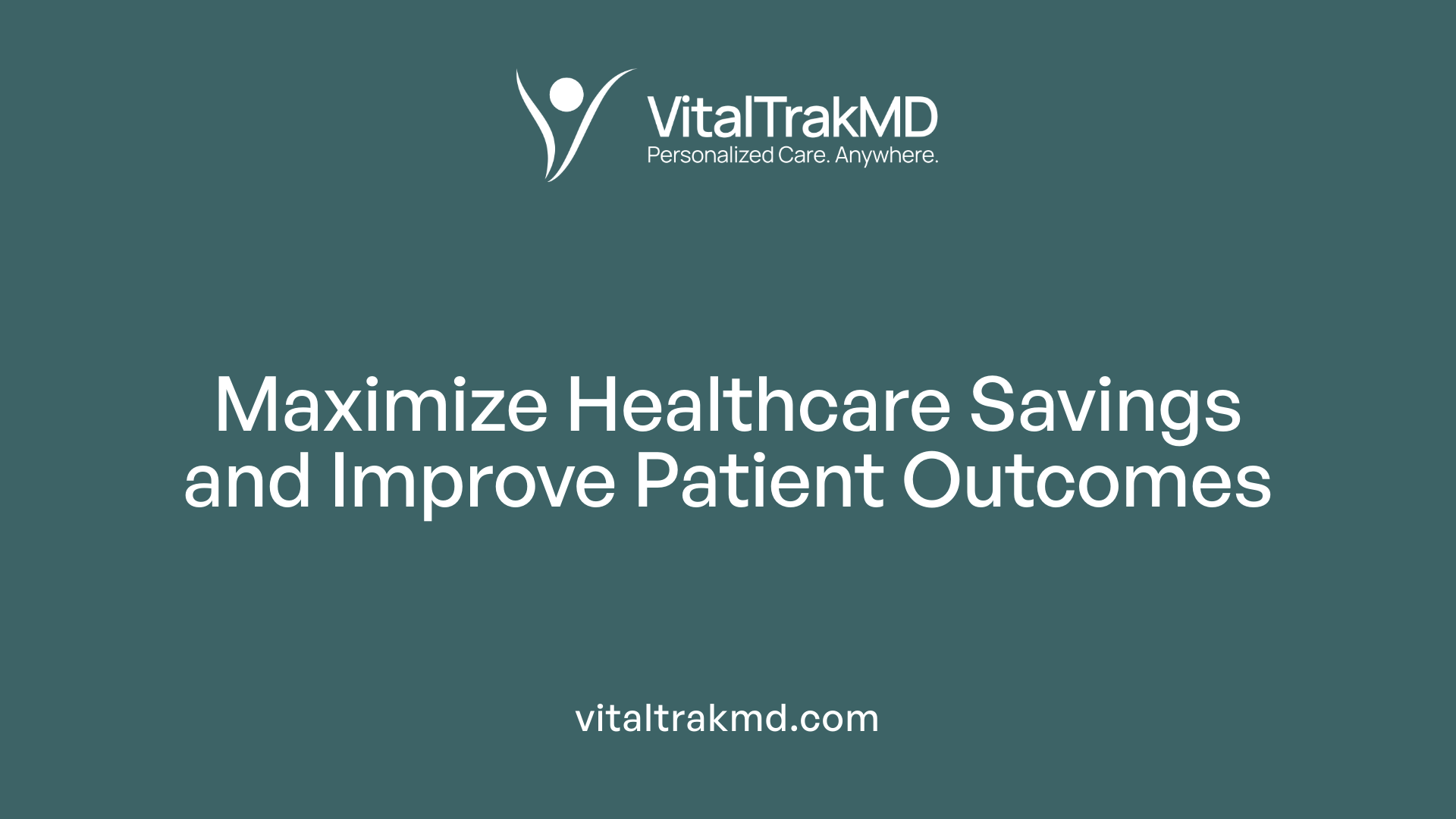Nutrition-Focused In-Home Care

Understanding the Foundations of Nutrition-Focused In-Home Care
Nutrition-focused in-home care represents a comprehensive approach to ensuring older adults and vulnerable populations receive personalized, evidence-based nutritional support within the comfort of their home. This approach involves detailed assessment, collaboration among healthcare professionals, caregiver involvement, and continuous monitoring to promote health, independence, and well-being. Integrating nutritional strategies into home care practices not only improves health outcomes but also significantly reduces healthcare costs, rendering it a vital component of modern community health services.
Core Concepts and Definitions of Nutrition-Focused In-Home Care
 Nutrition-focused in-home care is a comprehensive approach centered on personalized assessment and intervention strategies to support the nutritional health of individuals, especially seniors and those with cognitive impairments such as dementia.
Nutrition-focused in-home care is a comprehensive approach centered on personalized assessment and intervention strategies to support the nutritional health of individuals, especially seniors and those with cognitive impairments such as dementia.
At its core, this care model involves evaluating each person's dietary requirements, food preferences, existing medical conditions, and overall lifestyle. This detailed assessment allows caregivers and healthcare professionals to craft customized nutrition plans that meet individual needs.
Collaboration with multidisciplinary teams, including registered dietitians, physicians, and other health specialists, is vital for creating effective and safe nutrition interventions. These professionals provide expert guidance, support meal planning, and address specific health concerns, ensuring that nutritional strategies align with medical and functional requirements.
Ongoing monitoring plays a crucial role in maintaining nutritional health. Tools like the Mini Nutritional Assessment (MNA) enable caregivers to regularly evaluate nutritional status, catch early signs of malnutrition or deficiency, and make timely adjustments to dietary plans. This continuous oversight is supported by tracking biochemical markers and physical indicators.
Effective communication among clients, caregivers, and healthcare professionals, facilitated by specialized software, fosters transparency, coordination, and adherence to care plans. Psychosocial factors are also considered to address barriers to proper nutrition, such as social isolation or cognitive decline.
Overall, nutrition-focused in-home care integrates medical, nutritional, and psychosocial strategies. It emphasizes education, caregiver support, and tailored interventions to promote optimal nutritional well-being, improve health outcomes, and enhance quality of life in the home setting.
Health and Economic Benefits of Nutrition-Centered Home Health Services
 Implementing nutrition-focused care in home health settings offers considerable health advantages and cost savings. These services, which include nutritional screening, personalized meal planning, dietary education, and ongoing monitoring, are vital for maintaining the health of older adults living in the community.
Implementing nutrition-focused care in home health settings offers considerable health advantages and cost savings. These services, which include nutritional screening, personalized meal planning, dietary education, and ongoing monitoring, are vital for maintaining the health of older adults living in the community.
One of the main health benefits is the reduction in healthcare resource utilization. Studies show that such interventions can cut hospitalizations, emergency department visits, and outpatient care by over 40%. For example, a program involving over 1500 patients resulted in a 24.3% decrease in hospitalization risk within 30 days post-enrollment. These reductions contribute significantly to better health outcomes by preventing complications related to malnutrition, chronic disease, and wound healing issues.
Economically, nutrition-centered programs demonstrate strong cost-effectiveness. Over a 90-day period, they have been associated with net savings of around $210 per patient, totaling over $129,000 for a cohort of 618 individuals. Another study estimates that, for 1546 patients, healthcare cost savings reached approximately $1.5 million, equating to about $1500 saved per patient. These savings come from decreased hospital stays and fewer emergency visits.
Further analysis indicates a return on investment of nearly $1.82 for every dollar spent. This high ROI underscores the value of investing in nutritional care, not only for improved patient health but also for reducing long-term healthcare expenses.
Beyond financial impact, proper nutritional support fosters enhanced immune function, helps maintain muscle mass, and supports cognitive health, all critical factors for longevity and quality of life in older populations. By addressing deficiencies such as vitamin D, B12, and calcium, these programs bolster overall health and resilience.
In summary, integrating nutrition into home health services benefits patients by preventing unnecessary hospitalizations and supporting chronic disease management. For health systems, these programs are cost-effective, reduce expenditures, and promote sustainable care models—making them a vital component of community-based aging care.
Senior-Specific Nutritional Needs and Health Considerations in Home-Based Care

What are the senior-specific nutritional needs and health considerations in home-based care?
Providing proper nutrition to seniors in home-based care involves understanding their unique health needs. As people age, their nutritional requirements evolve, demanding a focus on nutrient-dense foods that support overall health.
A balanced diet for seniors should include adequate amounts of protein, vitamins such as D and B12, calcium, potassium, and dietary fiber. Protein helps prevent sarcopenia, or muscle loss, and can be sourced from poultry, fish, beans, eggs, and dairy products. Calcium and vitamin D are vital for bone health, reducing the risk of osteoporosis. Potassium aids in maintaining blood pressure, while fiber supports healthy digestion.
Hydration is especially important, since older adults often experience a decreased sensation of thirst. To combat dehydration, caregivers should encourage regular fluid intake through water, soups, fruits, and herbal teas.
Older adults frequently face challenges like dental issues, swallowing difficulties, and food safety concerns. Tailoring foods to meet their ability to chew or swallow safely, and practicing safe food handling, are crucial steps.
Managing chronic health conditions such as diabetes, hypertension, or heart disease requires specific dietary modifications, including limiting sugar, salt, and saturated fats.
Moreover, promoting social interaction during meals can enhance appetite and nutritional intake, while encouraging physical activity supports overall health.
In summary, home care providers play a vital role in supporting nutritional health by providing personalized meal plans, assisting with grocery shopping, monitoring dietary intake, and collaborating with healthcare professionals to optimize senior health outcomes.
Strategies and Interventions to Support Nutrition in Home Care Settings
What strategies, programs, and interventions are used to support nutrition in home care settings?
Supporting nutrition in home care environments requires a comprehensive approach that combines assessment, personalized planning, education, and community resources.
One of the first steps involves nutritional assessment and identification of at-risk individuals. Regular evaluations help spot issues like malnutrition, food insecurity, or specific dietary deficiencies common among seniors, such as deficiencies in calcium, vitamin D, vitamin B12, and fiber.
Based on these assessments, development of personalized meal plans is crucial. These plans are tailored to meet each individual’s dietary restrictions, medical conditions, and evolving nutritional needs, emphasizing nutrient-dense foods that support bone health, muscle strength, and cognitive function.
Nutrition programs often incorporate meal delivery, dietary counseling, education, and oral nutritional supplements. Meal delivery services like Meals on Wheels provide hot, nutritious meals while also offering wellness checks and social interaction, which can improve emotional well-being.
Dietary counseling helps educate seniors about healthy eating habits, hydration, and managing food-related health conditions, often facilitated by dietitians working with home health care providers.
Training caregivers is essential for effective nutritional support. Caregivers learn feeding techniques, proper food safety practices, and ways to encourage eating in seniors with reduced appetite, sensory changes, or medical challenges.
Community programs like the Senior Nutrition Program, along with federal initiatives, offer additional resources, funding, and support to expand reach and improve care quality.
Furthermore, interventions can include use of supplements or feeding assistance, especially for those who struggle with self-feeding or have specific nutritional deficits. Regular monitoring helps adjust plans as necessary, promoting overall health and independence.
An integrated, well-coordinated approach ensures that older adults receive the nutritional care they need, supporting their physical health, reducing hospitalizations, and enhancing overall quality of life.
The Vital Role of Proactive Nutrition Support in Home Care
Integrating nutrition-focused strategies into routine home care practices is crucial for improving health outcomes, reducing hospitalizations, and enhancing the quality of life for our senior populations. Through comprehensive assessments, personalized plans, caregiver training, and community partnerships, we can address unique nutritional challenges and promote well-being. Evidence consistently demonstrates that such interventions are not only cost-effective but also vital for maintaining independence and health in aging communities, ultimately transforming how in-home care is delivered and experienced.
References
- Nutrition-Focused Care for Community-Living Adults: Healthcare ...
- How Do Home Health Care Services Provide Nutritional Support To ...
- How Senior Home Care Helps with Nutrition - Touching Hearts
- Incorporating Nutrition can Enhance Care Outcomes & Your ...
- Reducing Hospitalizations and Costs: A Home Health Nutrition ...
- Budget Impact Analysis of a Home-Based Nutrition Program for ...
- Nutrition Challenges for Seniors: In-Home Care Solutions and ...
Recent articles
Want to Feel Better and Live Healthier?
Join hundreds of patients taking control of their health with personalized care that fits their life – not the other way around.
Rated 4.8/5 by 32+ customers







